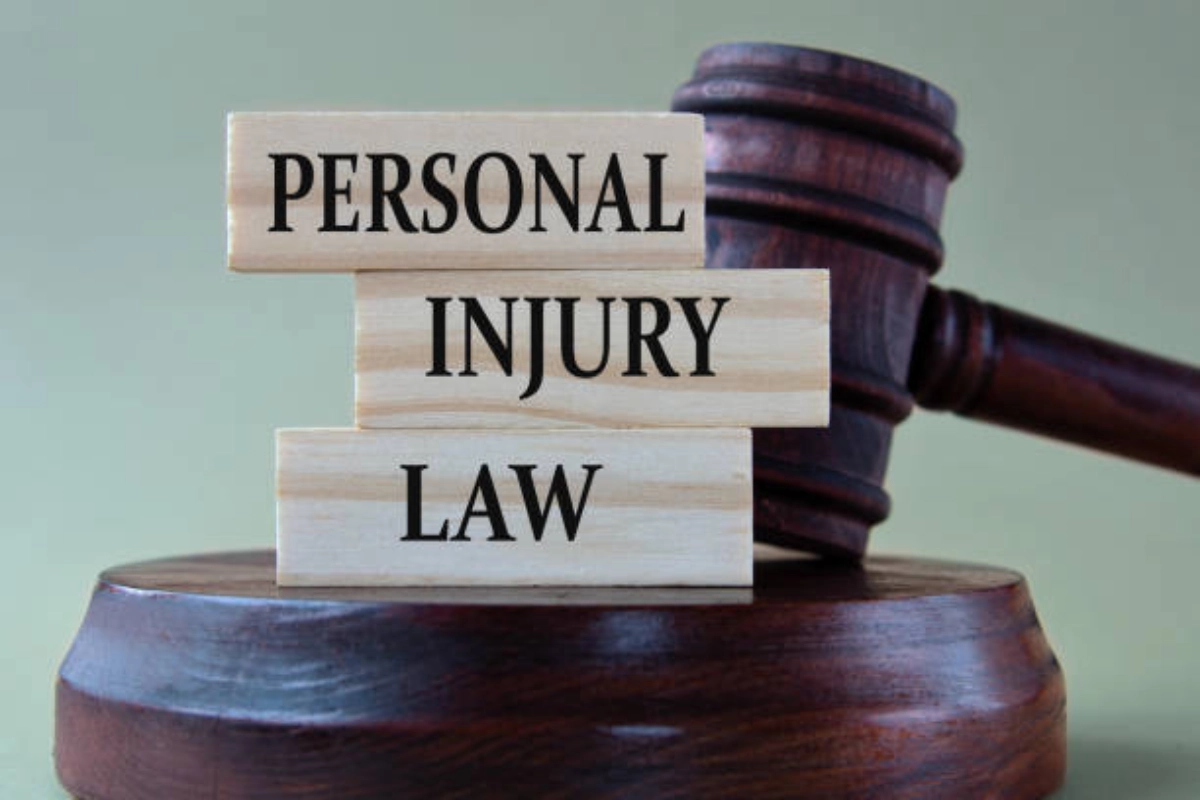If you’ve recently suffered an injury because of someone else’s negligence—whether due to a car accident, slip and fall, or medical malpractice—you may be wondering what happens next. Navigating a personal injury case can feel overwhelming, especially when you’re also dealing with physical pain, emotional stress, and financial burdens. Knowing what to expect throughout the process can make it easier to prepare and protect your rights.
This guide breaks down the key steps of a typical personal injury case, so you can move forward with clarity and confidence.
Step 1: Initial Consultation with a Personal Injury Lawyer
The first step usually involves meeting with a personal injury attorney for a free consultation. During this meeting, you’ll discuss how the injury occurred, what kind of treatment you’ve received, and how the injury has impacted your daily life. The lawyer will evaluate whether your case is strong enough to pursue.
Most personal injury attorneys work on a
contingency fee basis, meaning they don’t charge upfront fees. They only get paid if you win the case. This setup allows you to pursue compensation without financial risk.
For legal guidance tailored to your case, visit
Legal Case Review.

Ready to connect with top legal professionals? Get immediate support— Call us at 877-550-8911.
Connect with Our Legal Team
Step 2: Investigation and Evidence Collection
Once the attorney agrees to take on your case, they will begin investigating. This involves gathering documents such as police reports, medical records, photographs, videos, and witness statements. In some cases, expert witnesses (like doctors or accident reconstruction specialists) are also consulted.
This phase is critical because your legal team needs solid proof to establish negligence and liability. The stronger the evidence, the more leverage you’ll have in settlement negotiations or court.
Step 3: Filing the Claim or Lawsuit
If the evidence supports your claim, your attorney will either negotiate with the insurance company or file a lawsuit. Filing a claim with the at-fault party’s insurer is often the first move. But if the insurance company refuses to offer a fair settlement, a formal lawsuit may follow.
The legal complaint will outline the details of the incident, who is being held responsible, and what kind of compensation you’re seeking—covering everything from medical bills to lost income to emotional suffering.
For more insights on civil legal procedures, check the U.S. Courts Civil Cases Overview.
Step 4: Discovery Process
The discovery phase allows both sides to share evidence and information. This step includes written questions (called interrogatories), requests for documents, and depositions, where witnesses provide sworn testimony.
Discovery is often one of the most time-consuming parts of a personal injury case, but it plays a vital role in preparing for settlement or trial. It ensures both parties fully understand the facts and potential arguments in the case.
Step 5: Settlement Negotiations
Most personal injury cases are resolved without going to trial. Your attorney will engage in negotiations with the opposing party in hopes of securing a fair settlement. A good settlement should cover your medical expenses, property damage, lost wages, and pain and suffering.
However, if the insurance company offers less than what you deserve, your lawyer may recommend moving forward with a trial.
Step 6: Mediation (Optional but Common)
Before heading to trial, many courts require mediation. This is a voluntary process where a neutral third-party mediator helps both sides attempt to reach a compromise. It’s often faster and less expensive than a courtroom trial and gives both sides more control over the outcome.
Step 7: Trial
If a fair settlement can’t be reached, the case moves to trial. During this stage, both sides present their evidence before a judge or jury. Each side will deliver opening and closing arguments, question witnesses, and highlight key facts.
Once all evidence is presented, the judge or jury will decide whether the defendant is legally responsible and, if so, how much they must pay in damages. While trials offer the chance for a larger payout, they also come with more risk and unpredictability.
Step 8: Verdict and Post-Trial
If you win the trial, the court will award you compensation. The defendant or their insurance company must pay the judgment amount. Sometimes, the losing party may appeal the decision, which can extend the timeline of your case.
In some cases, even after a favorable verdict, collecting the awarded funds may take time. Your attorney will assist in ensuring the payment is made properly.
 How Long Does a Personal Injury Case Take?
How Long Does a Personal Injury Case Take?
Every personal injury case is unique. Some claims are resolved within a few months, especially if a settlement is reached early. Others, particularly those involving serious injuries or complex legal issues, can take a year or more—especially if the case goes to trial.
Patience is important, but with the right legal team, you can focus on healing while they focus on securing justice.
For deeper insights and personal legal support related to injury cases, visit
Legal Case Review—a dedicated platform for individuals seeking honest and effective legal guidance.
FAQs About Personal Injury Cases
1. How much compensation can I get for a personal injury?
Compensation varies depending on the severity of your injuries, medical costs, lost wages, pain and suffering, and other losses. Your attorney can give you a realistic estimate.
2. Will my personal injury case go to trial?
Not necessarily. Most cases are settled out of court. A trial typically happens only when negotiations fail or liability is strongly contested.
3. What is the time limit to file a personal injury lawsuit?
Each state has a statute of limitations. In most states, it’s between one to three years from the date of injury. It’s crucial to act quickly to protect your rights.
4. Do I need to pay anything upfront to hire a personal injury lawyer?
In most cases, no. Personal injury lawyers typically work on a contingency fee basis, which means they only get paid if you win the case.
5. Can I still file a claim if I was partially at fault?
Yes, in many states, you can recover damages even if you were partially at fault. However, your compensation may be reduced according to your share of the fault.
Don’t wait to secure the legal representation you deserve. Visit Legal Case Review today for free quotes and tailored guidance, or call 877-550-8911 for immediate assistance.

 How Long Does a Personal Injury Case Take?
How Long Does a Personal Injury Case Take?


